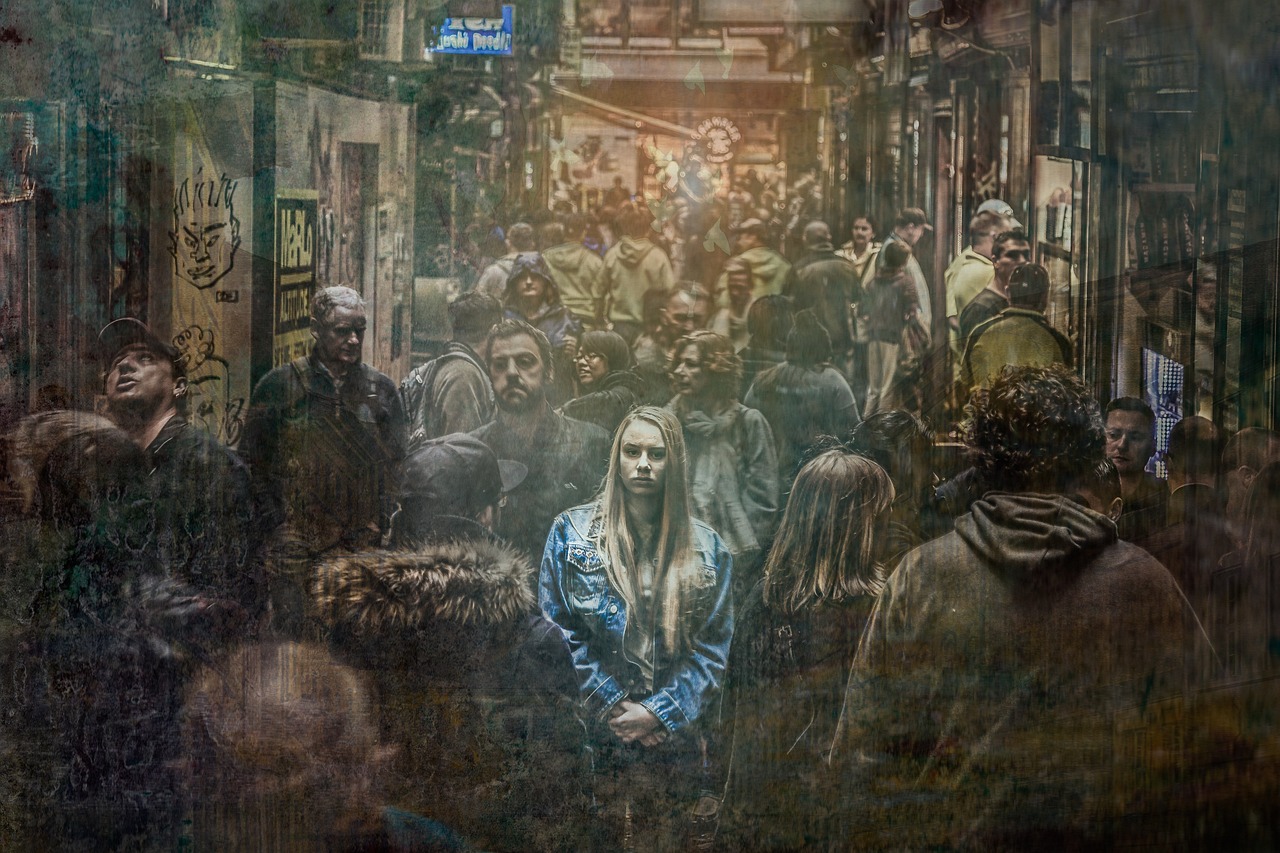
Loneliness – that unmet yearning inside to connect with others. It’s a stress that hurts not only our emotional or mental health but also our general health and how long we live.
Along with a sense of autonomy and competence, relatedness to others is a core part of our psychological well-being (see https://en.wikipedia.org/wiki/Self-determination_theory)
Loneliness is associated with an increase in anxiety, depression and suicidality and a decrease in mental health, physical health and well-being. Those experiencing loneliness were 26% more likely to die over a 7-year period than those who weren’t lonely.
In May 2023 The US Surgeon General alerted us to the crisis of loneliness. See a related article here.
Psychologists have identified at least three types of loneliness
Emotional Loneliness. That yearning for close, deep, meaningful, intimate relationships. That empty, disconnected feeling when we don’t have someone to confide in who truly gets us.
Social Loneliness. That feeling of being disconnected from others on a social network level, That missing sense of belonging to a group that shares something in common with you.
Existential loneliness. That feeling of isolation and disconnection from something larger than oneself. It can feel like not having a purpose in life, like not being a valued member of the community or feeling alone in the universe.
Marginalisation and prejudice can intensify all types of loneliness by creating barriers to forming relationships or feeling part of a group or society such as a lack of inclusive environments, difficulty building trust and intimacy, social divisions making people feel like outsiders and their contributions not valued.
Loneliness can be addressed by
- Spending time with accepting friends and family or talking to someone you trust about how you are feeling can help to reduce feelings of isolation and loneliness.
- Social networks can be mapped out to explore which groups are less inclusive to reduce participation and which are more inclusive to increase participation. Often social loneliness increases when there is an identity change such as moving to a new culture, leaving employment or coming out as LGBTIQA+. This is a good time to connect with new groups based on the new identity. Attending events or offering to volunteer can be a great way to connect with new groups.
- Having a sense of purpose can protect against other forms of loneliness. This can be found by living a life in alignment with your values and beliefs and connecting with others who share these values and beliefs, finding something that gives your life meaning, taking on a social project or volunteering.
This can be difficult when self-confidence is low so working with a counsellor to explore barriers you may have internally and externally and overcome them may be beneficial.
References
Holt-Lunstad, J., Smith, T. B., Baker, M., Harris, T., & Stephenson, D. (2015). Loneliness and social isolation as risk factors for mortality: a meta-analytic review. Perspectives on psychological science, 10(2), 227-237. https://doi.org/10.1177/1745691614568352
Park, C., Majeed, A., Gill, H., Tamura, J., Ho, R. C., Mansur, R. B., … & McIntyre, R. S. (2020). The effect of loneliness on distinct health outcomes: a comprehensive review and meta-analysis. Psychiatry Research, 294, 113514. https://doi.org/10.1016/j.psychres.2020.113514, PDF

